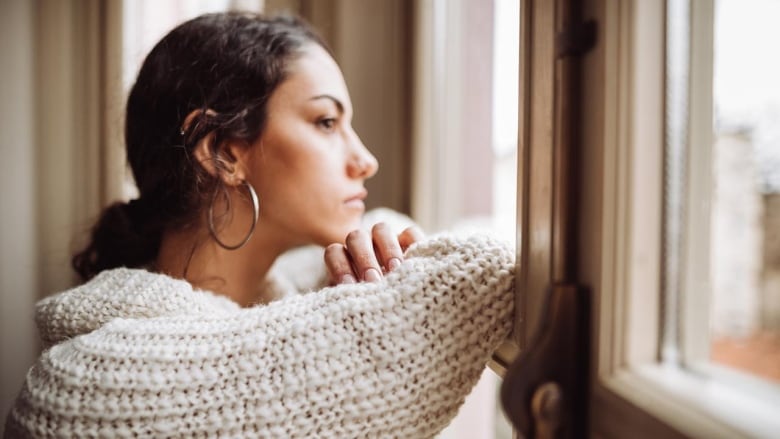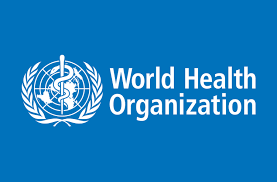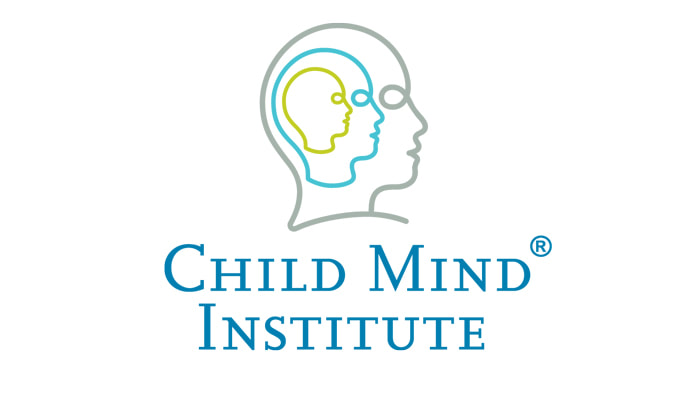|
Coronavirus is scary for all of us. For children with comorbid anxiety disorder, school closures and health threats are downright paralyzing. Here are 11 expert tips for talking to your child about COVID-19, navigating the next few weeks at home together, and living with the constant hum of uncertainty in an ADHD household.
The last week has felt like one long news ticker — spiraling coverage of the novel coronavirus (COVID-19), compounded by a steady stream of school closures and event cancellations, video of toilet-paper battles in Costco, and one Presidential address after the other. With so much new, bad information coming to light each hour and so many questions left unanswered, families are feeling on edge — and with good reason. www.additudemag.com/explain-coronavirus-covid-19-anxiety-adhd-child/
0 Comments
Working from home, especially for the first time, can be tricky for adults with ADHD. Heed these tips for maintaining focus, setting boundaries, avoiding unproductive hyperfocus, and getting the job done with telecommuting and working remotely.
Many adults with attention deficit hyperactivity disorder (ADHD) have started to work from home — some for the first time ever — in response to the crisis caused by the new and distressing respiratory disease. This new autonomy and responsibility — plus the challenges of juggling children home from school and a shifting health crisis — is a cause for anxiety to some. www.additudemag.com/working-from-home-adhd/
 The global coronavirus situation is evolving rapidly, and it can feel very overwhelming to keep up with the many headlines and ever-changing governmental rules and expert recommendations. Many of us, understandably, are experiencing new or increased feelings of anxiety related to the coronavirus pandemic — which is affecting our daily lives in a multitude of significant ways. It's completely normal to experience health anxiety right now, in the midst of a global pandemic, says Dr. Martin Antony, a professor of psychology at Ryerson University and co-author of The Anti-Anxiety Workbook. But not all of the Cognitive Behavioral Therapy techniques that you might use to manage everyday anxiety will be applicable in this acute situation. "Many of the strategies that we would normally use for anxiety, when people have anxiety about something when there is no real threat, are not necessarily relevant, or not relevant in the same way, in a situation where there is a potential threat," says Dr. Antony. www.cbc.ca/life/wellness/how-to-cope-with-health-anxiety-related-to-the-coronavirus-pandemic-1.5499698?__vfz=medium%3Dsharebar  In January 2020 the World Health Organization (WHO) declared the outbreak of a new coronavirus disease in Hubei Province, China to be a Public Health Emergency of International Concern. WHO stated there is a high risk of the 2019 coronavirus disease (COVID-19) spreading to other countries around the world. WHO and public health authorities around the world are taking action to contain the COVID-19 outbreak. However, this time of crisis is generating stress in the population. These mental health considerations were developed by the Mental Health Department as support for mental and psychological well-being during COVID-19 outbreak. www.who.int/docs/default-source/coronaviruse/mental-health-considerations.pdf?sfvrsn=6d3578af_2 |
AuthorIn her writing Nicole explores the complex dynamic between the uniqueness of individual expression and universal application, taking her knowledge of the fields of Psychology and Psychotherapy and asking deep questions about what it means to be human. ArchivesCategories
All
|
© Nicole Croft, Registered Psychotherapist 2022 Privacy Policy

 RSS Feed
RSS Feed
